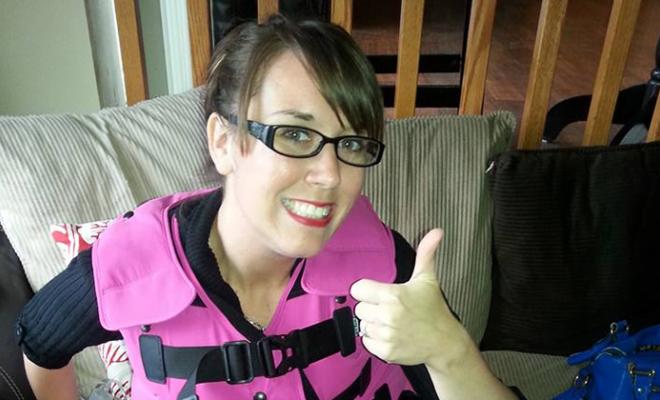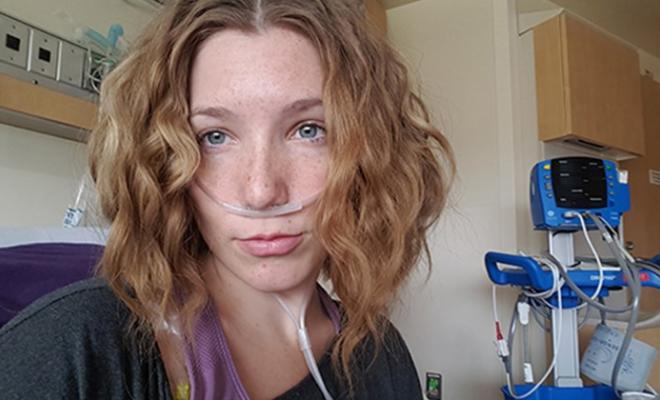At a recent cystic fibrosis care team appointment, one of the team members said to me, “Your [pulmonary function test (PFT)] numbers haven't gone up, but you feel better, right?” That got me thinking. As a CFer, my health is so often reduced to a tiny number. 1.8, 2.05, 2.6. It seems that it's the one number that drug companies care about, and one of the only measures of health that my care team looks at. I was shaken by the recent death of Claire Wineland, who served as an example to me by not letting CF define her and creating happiness beyond the disease. I try to follow Claire's example, but that can be tough when so much emphasis is focused on my PFT numbers.
If I'm being honest, I still get bummed out over a “bad” PFT. I'm compliant with my daily care. I take time for myself. I ask for help when I need it. And still my PFTs aren't always where I wish they could be. That's the nature of the CF beast. Sometimes, no matter how hard I try, my health has other plans. That's why using PFTs as a main measurement tool can be demoralizing and hard to swallow.
I don't mean to trivialize pulmonary function tests. They are an incredible tool and a good data point to track my ongoing health. Personally, my PFTs have hardly budged in years. To me, that's good news! For a progressive disease, continuing down the same path that led me to be a healthy 30-year-old is something I'm happy to celebrate. So, no, my PFTs haven't gone significantly up despite years on a study drug that showed positive movement for others. But I'm a positive person so I focus on what has gone up:
- The number of stairs I can climb without getting winded
- The number of minutes that pass between my coughs
- The number of years between hospitalizations
- The amount of exercise I can do now, compared to several years ago
- The number of years I have lived
I certainly don't speak for all CFers and not all CF care teams are the same. And I would be remiss if I didn't say how much I love and respect my CF team. They are dedicated and serve as an incredible resource for me. Many of them dedicate their lives to helping develop care plans and treatments for our disease. I trust they have valid reasons for using PFTs as the benchmark. It's too bad quality of life can't be measured with a hand-held device.
My health, well-being, and life are so much more than my PFTs. You can't measure the feeling of accomplishing a goal, making a new friend, or watching a loved one succeed. You can't measure having hope for the future. And you can't possibly measure the feeling I get when I think that maybe I should be saving for retirement. After all, PFTs can't measure that.
Join the conversation on Facebook.





